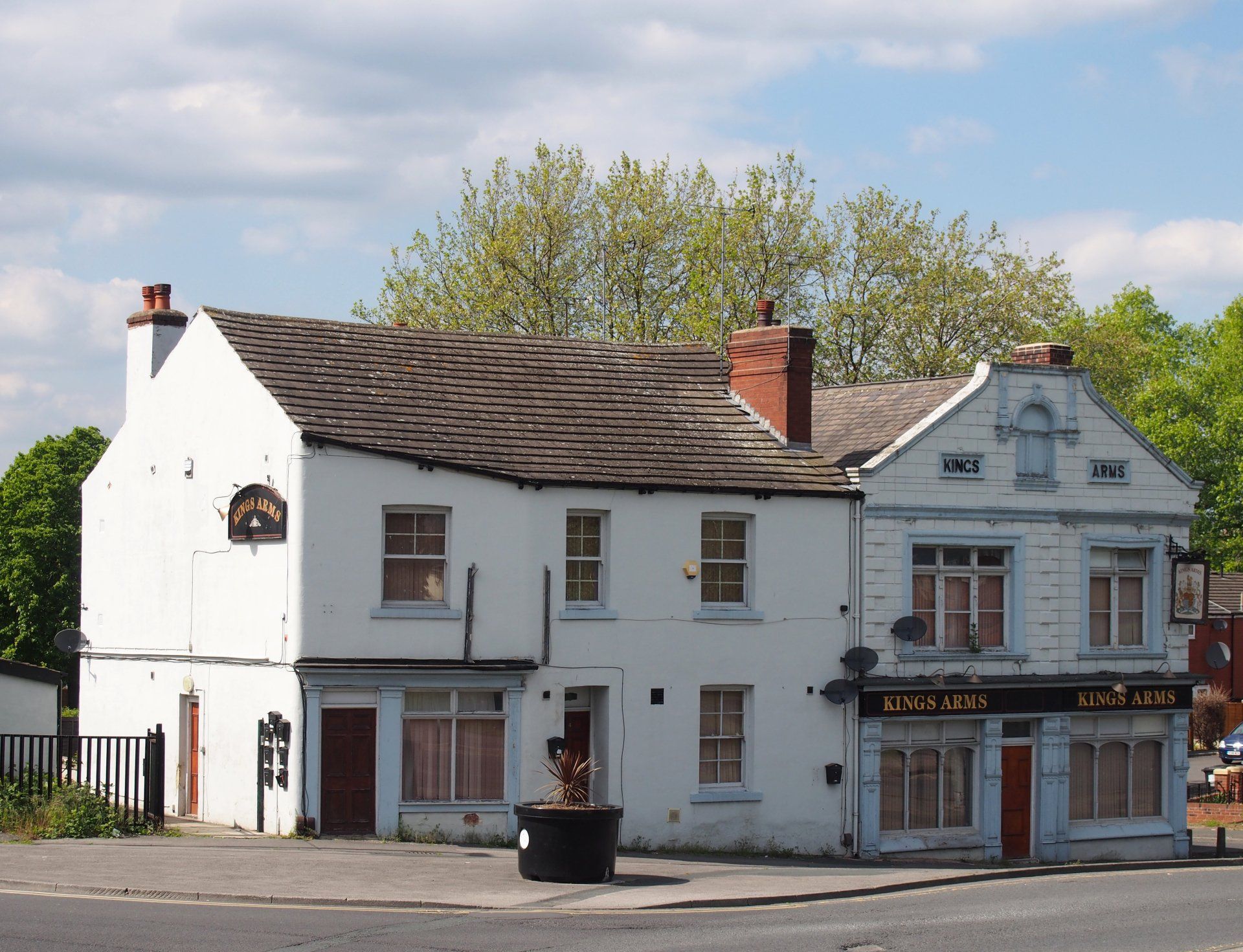Is It Really Worth What Someone's Willing To Pay For It....?
Robert Frost • June 3, 2020
Caveat Emptor (Buyer Beware!)

The property market is full of cliches. Some that I come along on a regular basis are “Location, Location, Location”, “Worst house on the best street” and “This property has potential”. However, by far and away, the one I hear most when carrying out valuations for financial institutions when I ask the homeowner what they think their house is valued at is “It’s worth what somebody is willing to pay for it”.
On the surface this may sound absolutely correct.
In most cases the seller puts the property onto the market with the aim of achieving the best price possible. If no-one is willing to pay the asking price then the property price is probably pitched a little high and downward price adjustments, if required, are made until the property reaches a level that someone is willing to pay for it.
What if the asking price is too low? How do you know whether the price you have achieved is the best you could have got? Would the market have paid more had the property been exposed for longer or was it actually pitched perfectly?
This is a common dilemma for estate agents. If they put a property on the market and get an asking price offered within a couple of days, instead of the client being pleased they will often get concerned that they undervalued it. The question then becomes do they wait for higher offers or do they go ahead with the one they’ve got? Is there someone else out there who would be willing to pay more?
A good estate agent, in my opinion, would do two things at this point. Firstly, fully qualify the position of the potential purchaser. Have they got clear funds? Do they have anything to sell? Is there a chain? Are they credible? Secondly, they should continue to market the property until these questions are answered. Whether or not the offer is accepted should then come down to the motivation of the seller and whether they think that a ‘bird in the hand is worth two in the bush’?
From another perspective however this logic doesn’t always ring true, particularly in the residential BTL marketplace.
Take, for example, a southern or overseas BTL investor that is seeking greater returns (yield) from their portfolio and they decide to invest in the northern towns where they can see returns of 10-12% per annum. They see a nice two up, two down terraced house for sale at, say, £50,000 with a potential rent of £450 pcm. This equates to an initial yield of 10.8%. They do a bit of negotiating and agree a purchase price of £48,000 taking their yield to a nice 11.25% return.
This is what someone is willing to pay for it.
BUT is this the market value?
Just because someone is willing to pay a price doesn’t mean that it is it’s value. Anyone can pay more than the market value if they think an asset will satisfy their own arbitrary goals.
More often than not in this type of scenario the buyer has been motivated by their single set of criteria and have often acted without ‘full knowledge’ and/or ‘imprudently’. Knowledge and Prudence being key parts of the RICS definition of value.
This basically means that Market Value is determined assuming that the buyers knew everything they should be expected to know and that they also acted as if the purchase at that price was the right thing to do in the circumstances.
This where the a local valuation surveyor’s skill, knowledge and expertise comes into play. Often BTL investors who are obtaining finance will have the property inspected and reported on by a surveyor instructed by the bank. However, many cash buyers will forgo this step as they are happy with price and the ‘bargain’ they think they are buying.
Having worked in this field for many years now I can comfortably say that I have come across a multitude of instances where the potential buyer has agree to pay too much for the property. The most common cases occur where the property concerned has been subject to a ‘Splash & Dash’ renovation by that reputable building company, Bodgit & Scarper Ltd!
In such instances the ‘property developer’ has typically tried to disguise common defects with a quick plaster skim and redecoration and a few new carpets thrown in for good measure. The chronic damp is still there, the rot is hidden, the roof is in a poor state and the collapsed drains have hidden under a cheap decking platform. The cost of rectifying the property running into many thousands for the unsuspecting buyer.
In this instance the property is not worth what the buyer is willing to pay for it. They have reached this point without full knowledge and prudence. Any reputable surveyor would take these defects into account and adjust the market value to reflect the cost and inconvenience of the costs.
A further word of caution in this vein. Don’t always trust the estate agent to provide an assessment of the property’s value and rental potential. Firstly, they have a legal duty to obtain the best price for their client and therefore, working on the principle of caveat emptor (buyer beware), it is not really in their interest to tell you more than they know; this ties into the second reason to be careful. Most estate agents are not really qualified or motivated to find out about the defects – in many cases, ignorance is bliss from their perspective!
So, is a property always worth what someone is willing to pay for it?
Who knows, you decide…..?





